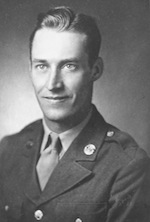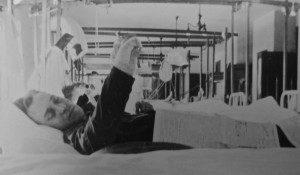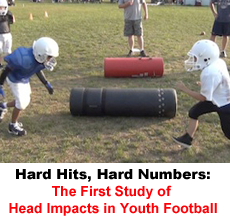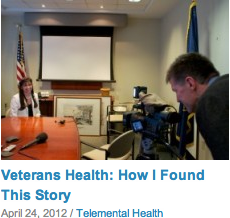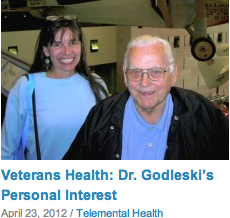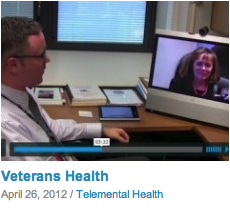My personal interest in health services for America’s veterans comes by way of my father, Vic Phillips, who experienced first hand the consequences of delayed medical treatment.
My dad is a 94-year-old World War II veteran who was wounded in the Battle of the Bulge. Shrapnel from a German artillery shell tore through and nearly severed his right arm. He was evacuated on the back of a tank, transferred to a half-track ambulance and taken to a field hospital in France. Days later, he was airlifted to England where doctors closed his wound and kept him on penicillin to prevent infection. After three months, a hospital ship carried him home to the United States. But his medical odyssey was just beginning.
Though he requested bone graft and nerve operations while in England, my father was told he would have to wait until he returned to the United States where doctors had more time. But after seven months in an army hospital back home, my father was still waiting for his surgery. Sadly, only after threatening to take his story to the press did his much-needed operations take place. As my father tells it, “One Friday in November, 1945, I told the ward nurse that I wasn’t getting the medical attention I needed, and neither were many others on the ward. I said I was sure the Dallas Morning News, or any other newspaper in the state, would be happy to run the story. The following Monday I went before the board of surgeons.”
My father’s long-awaited bone graft and nerve operations were performed. But he was barely out of the operating room when he was informed that the surgeries had not been successful and that his right arm would be paralyzed. Over the next two years, he was bounced from hospital to hospital— from Texas to Oklahoma to Missouri and eventually to Battle Creek, Michigan where a successful bone graft was performed in 1947. That operation allowed my father to keep his arm, but the nerve damage could not be repaired. His paralysis remains to this day.
My father is proud to have served and sacrificed for his country. And he has never felt bitter about the shortcomings of the medical care he received. Disappointed, but not bitter. We will never know whether prompt surgery might have restored movement and more feeling to his arm. He will be the first to tell you that even the best care might have left him with the same impairment. Still, as a nation, we could have done better for veterans like my father back then. And we can do better today. Delayed treatment, whether for physical or mental conditions, can have consequences for the patient and add enormously to the cost of care down the road.

